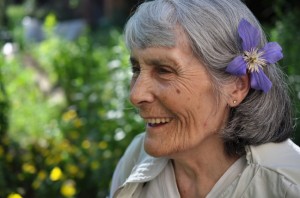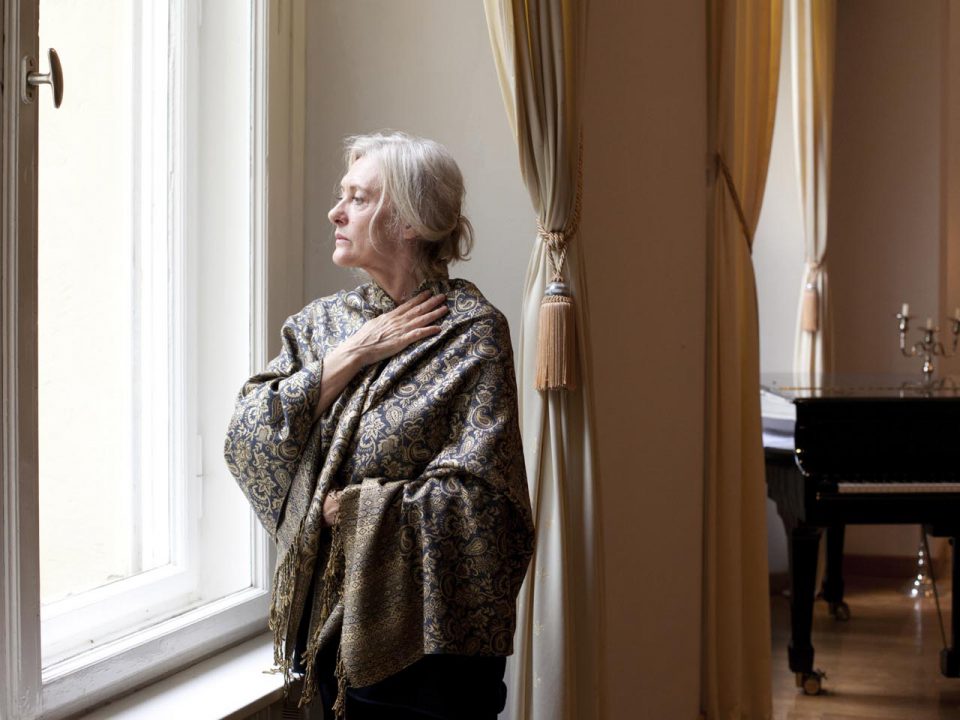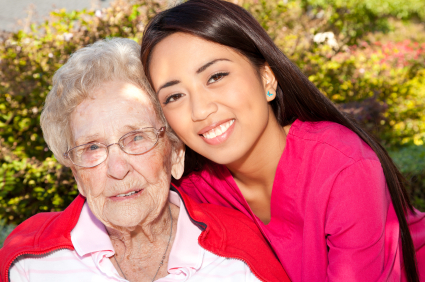Home Care Blog
Live to be 100!
 Imagine all of the things you could accomplish and see in life if you had 100 years. Imagine the places you could travel, great grandchildren (maybe even great-great grandchildren) you could meet, and advances in technology and society that you would see.
Imagine all of the things you could accomplish and see in life if you had 100 years. Imagine the places you could travel, great grandchildren (maybe even great-great grandchildren) you could meet, and advances in technology and society that you would see.
With the current life expectancy in the US at roughly 77 years, it is not impossible to picture a world where most people live to be 100 or older. In the early 1900’s the life expectancy was only 50 years old. With advances in medical technology, treatments for diseases, and nutrition, among other factors, we could reach the 100 years age mark sooner than you think.
There have been a lot of articles and research regarding traits of individuals who live to be a centenarian. Check out a few interesting (and sometimes strange!) factors that could contribute to your chances of living to be 100 years old:
- Other relatives have lived to a ripe old age. At least half of centenarians have a parent, sibling or grandparents who lived 90 years or longer.
- You’re a social butterfly. People who are constantly around friends and family, volunteer or are active members of clubs or religious groups are likely to live longer. Those who find themselves lonely more often than not are more likely to have poor health and battle issues such as depression and dementia.
- You don’t sweat the small stuff. Chronic worriers are 50% more likely to die in any given year than those who worry moderately.
- You can walk fast and far. One study has shown individuals ages 65 and older decrease their risk of death by 12% for every 0.1 meters per second they can walk. Another showed adults ages 70 to 79, who were able to walk a quarter mile or more, were less likely to suffer disability and illness and more likely to live for another six years.
- You’re a woman. It is not altogether clear why women seem to live longer than men, but they do. However, men who are over 100 years old are generally in better health than women who are over 100 years old.
- You’ve had a child after age 35 (and are a woman). Women who naturally conceive and bear children after age 40 are four times more likely to live to 100 than women who do so at a younger age. This may be because women who bear children later in life’s bodies are aging more slowly.
- You don’t snore. Snoring is a sign of obstructive sleep apnea. During periods of sleep, a person with this disorder stops breathing briefly because throat tissue collapses and blocks their airway. Sleep apnea can cause high blood pressure, memory problems, weight gain, and depression. Naturally, people without sleep apnea are 3 times more likely to live longer than those with sleep apnea.
While we can’t guarantee you will live to be 100, we can guarantee quality Maine home care services to our clients that will improve your quality of life. With branches throughout New England, MAS Home Care can provide services for individuals with chronic illness, disabilities, Alzheimer’s disease or dementia, or those in need of recuperative care. Hopefully with a gentle hand, you will feel well enough to make it to 100!


